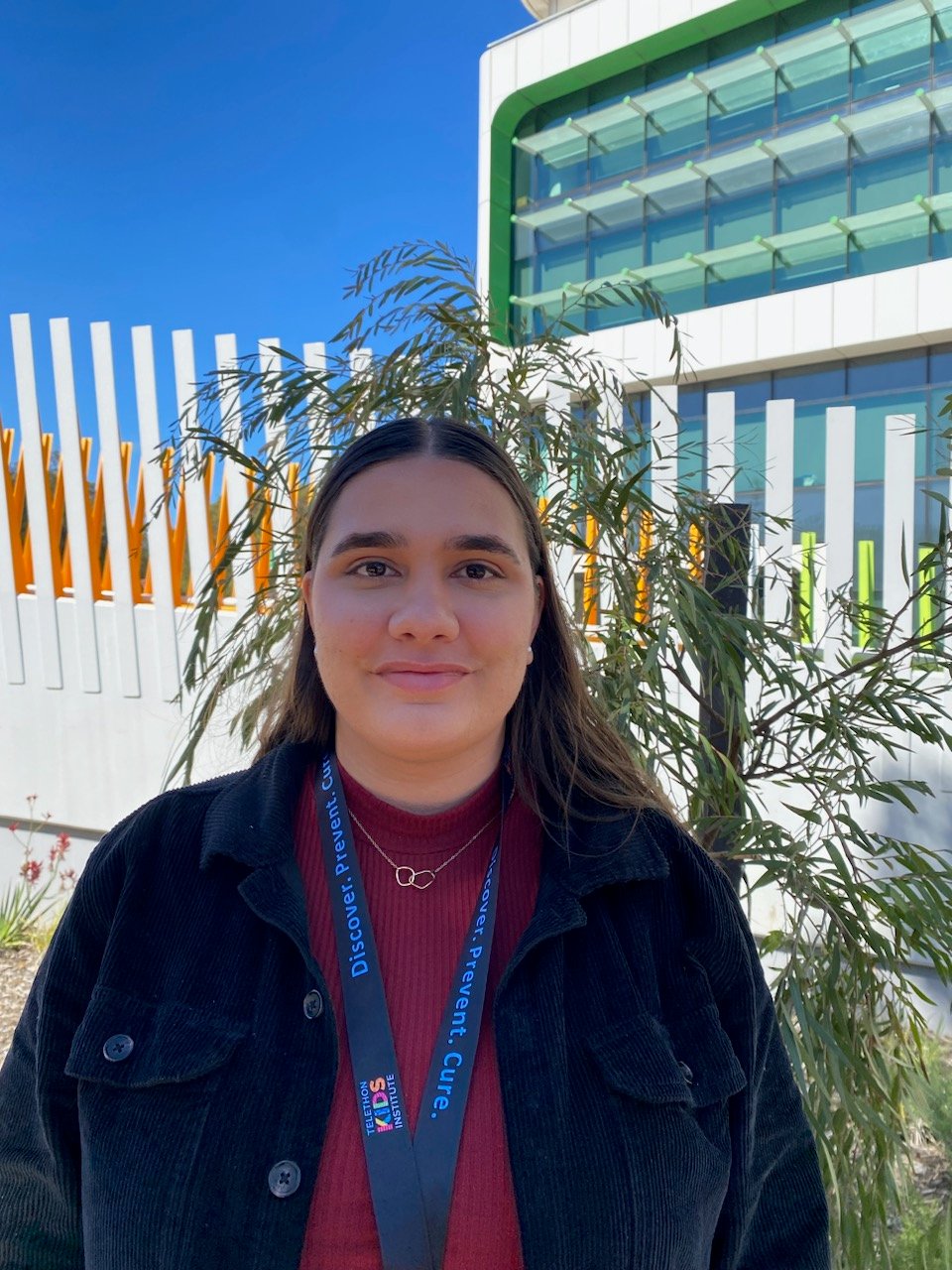Search





People
Bek MorrisonBek Morrison is an Aboriginal Project Officer in the Healing Kids, Healing Families team at The Kids Research Institute Australia.

People
Josephine MalingaJosephine is a Senior Research Fellow within the Global Disease Modelling team, specializing in quantitative and qualitative evidence generation using epidemiological, statistical, and mathematical modelling methods.

People
Savannah MachadoSavannah Machado, Research Assistant. Centre for Immunology and Breastfeeding



